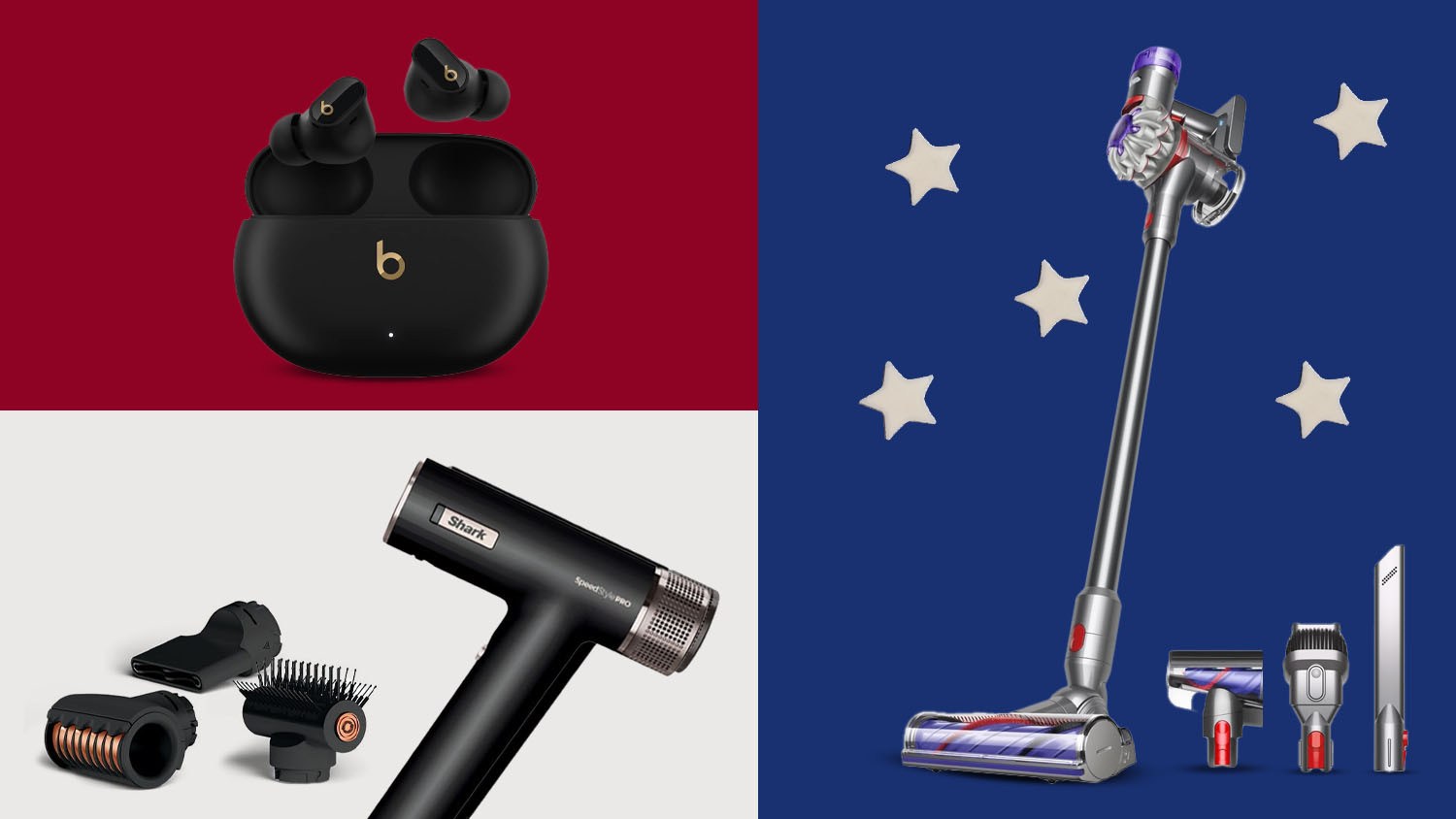MIAMI — The first 2020 Democratic presidential debates are here, giving the 20 qualifying candidates the best opportunity to break through the crowded field in front of a national audience.
This is the first time that candidates will be able to draw contrasts with their rivals in a face-to-face setting.
Here is how to watch:
When are the first debates?
The first pair of Democratic debates is taking place on Wednesday and Thursday in Miami from 9 to 11 p.m. EDT on NBC.
Get ready for the debates all day on CNN.com and then stay with us for real-time news, analysis and fact-checking during and after the debates. CNN will have live TV programming starting at 11 p.m. EDT breaking down the biggest moments and story lines from the first debates.
What are the lineups?
The Wednesday debate will feature:
- Sen. Elizabeth Warren of Massachusetts
- Former Rep. Beto O’Rourke of Texas
- Sen. Cory Booker of New Jersey
- Former Housing and Urban Development Secretary Julian Castro
- Rep. Tulsi Gabbard of Hawaii
- Washington Gov. Jay Inslee
- Sen. Amy Klobuchar of Minnesota
- Mayor Bill de Blasio of New York
- Former Rep. John Delaney of Maryland
- Rep. Tim Ryan of Ohio
The Thursday debate will feature:
- Former Vice President Joe Biden
- Sen. Bernie Sanders of Vermont
- Mayor Pete Buttigieg of South Bend, Indiana
- Sen. Kamala Harris of California
- Sen. Kirsten Gillibrand of New York
- Sen. Michael Bennet of Colorado
- Author Marianne Williamson
- Rep. Eric Swalwell of California
- Businessman Andrew Yang
- Former Colorado Gov. John Hickenlooper
Who didn’t make the cut?
Three Democratic hopefuls — Montana Gov. Steve Bullock, Rep. Seth Moulton of Massachusetts and Mayor Wayne Messam of Miramar, Florida — did not qualify for the first contests. Former Rep. Joe Sestak of Pennsylvania entered the race too late to qualify for this initial set of debates.
How were the debate stages decided?
Candidates had to qualify for the first debates by either receiving at least 1% support in three polls from an approved list of pollsters or receiving campaign contributions from 65,000 unique donors, including 200 donors each from 20 different states.
NBC divided the 20 qualifying candidates into two groups: those with polling averages at 2% or higher and those whose polling averages are under two percent. NBC then did a random selection, dividing up the top tier and lower tier into the two nights.
What are the rules for the debates?
Candidates have one minute to respond to questions and 30 seconds for follow-ups, according to NBC News. Each two-hour debate will be divided into five parts with four commercial breaks.
Candidates will not have the opportunity to make opening remarks but will be given time for closing statements.


















